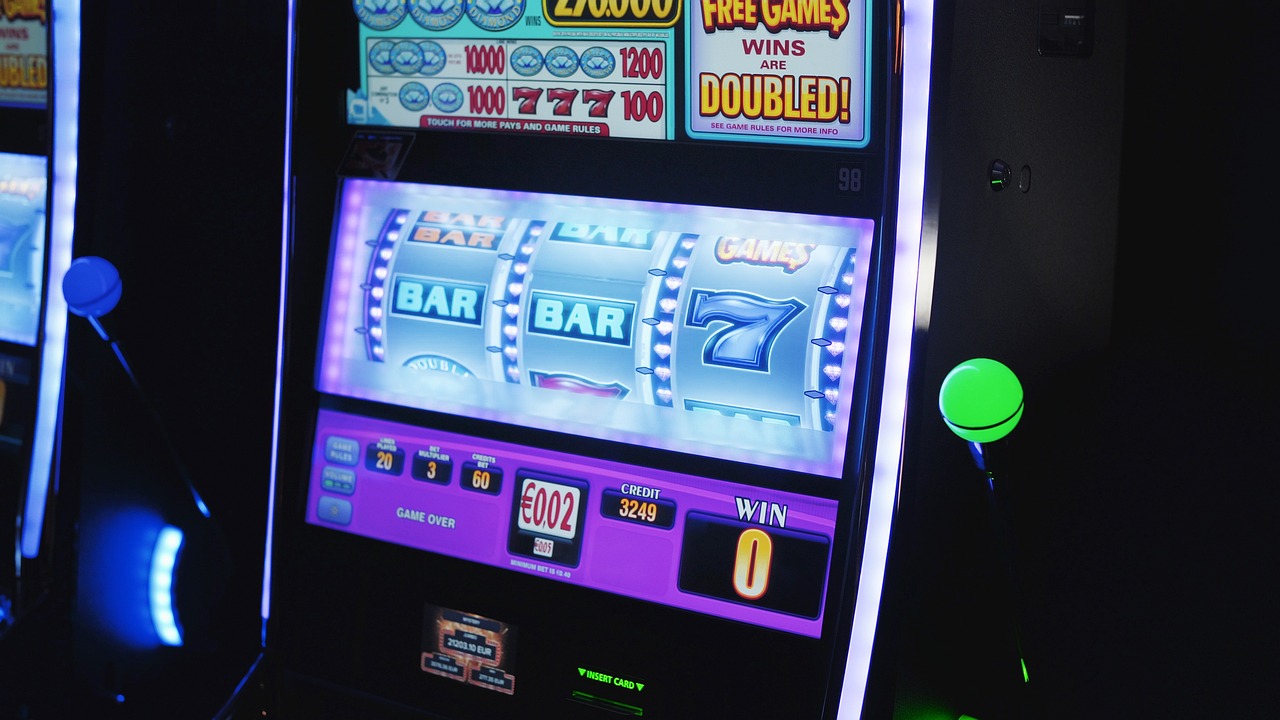Get ready for an exciting and interesting journey into Brazil’s online casino industry. We’ll take a look at the latest gaming data released by KTO, one of the country’s leading online casinos. We’ll also broaden our perspective to understand the country’s gambling predilections, and see how online slots stand against other casino games in terms of popularity.
Also, we will analyse crucial changes in the regulation of online gambling in Brazil – from the introduction of a new tax policy on sports betting to its potential effects on major betting firms. As we explore the changing online gambling environment in Brazil, we will create a detailed description of a market that is both exciting and diverse.
Brazil’s Online Casinos Most Popular Slot Games Revealed
Our investigation provides a captivating look into the preferences of Brazilian online casino players. KTO, a Brazilian casino online, has decided to share their internal data points. Their latest research report reveals the popularity of their slot games.
Here are the top-ranking slot games at KTO:
- Fortune Tiger with 41% popularity and 10.6% of game rounds share
- Sweet Bonanza with 16% popularity and 3.9% game rounds share
- Sevens Fire with 14% popularity and 4.9% game rounds share
- Big Bass Splash with 10% popularity and 5.6% game rounds share
- Jewel Rush with 9% popularity and 0.5% game rounds share
- Floating Dragon with 9% popularity and 0.8% game rounds share
- Gates of Olympus with 9% popularity and 3.6% game rounds share
From the data, it’s clear that Fortune Tiger is the winner, commanding the highest popularity rate of 41% and 10.6% of total game rounds. It outshines all other games significantly. The popularity of these games signifies the escalating demand for online slots in Brazil.
How Popular are slots in Brazilian Casinos Online?
Looking at the larger context, slot games aren’t the top choice among Brazilian online casino games. Despite their dominant popularity at KTO, slots only occupy the fourth position overall, falling behind roulette, blackjack, and table games with a popularity rate of 63%.
Even though live dealer games are considered a favourite among Brazilian real money players when asked in a survey KTOs data shows that there is a difference in actual preference based on play time.
Executive Order – Taxation on Sports Betting
In a move to increase its income, the Brazilian government has taken a crucial step by introducing a taxation policy on sports betting. This executive order, pending Congressional approval to remain valid, levies an 18% tax on Gross Gaming Revenue (GGR).
Both domestic and international companies can apply for permission to operate fixed-odds betting lotteries, provided they meet the Finance Ministry’s conditions. This strategic decision echoes the government’s aim to regulate online gambling activities and benefit from the growing sector.
Regulations – A Necessary Measure
In 2018, Brazil had passed a law permitting online fixed-odds betting for the first time. However, due to the lack of particular sector regulations, online gambling firms relished tax-free advantages while making profits.
Acknowledging this, Finance Minister Fernando Haddad affirmed that regulations were crucial and could enable the government to collect roughly 2 billion reais ($423 million) by 2024. This move could stimulate fair competition, regulate the industry, and increase revenue.
Navigating the Future – Regulations and Growth in Brazil’s Online Casino Scene
As the Brazilian online casino industry continues to transform, it exhibits an exciting mix of varied gambling tastes and a growing appetite for online slots. The data from KTO reveals the most popular slot games in the country, highlighting the growing interest in this particular form of entertainment. However, when viewing the larger picture, slots currently sit in the fourth position in popularity, behind roulette, blackjack, and table games, demonstrating an interesting variation in preferences among Brazilian online gamblers.
In response to the swiftly expanding online gambling sector, the Brazilian government has taken major steps to regulate the industry and increase its income. The recently issued executive order that imposes an 18% tax on Gross Gaming Revenue from sports betting illustrates the government’s dedication to tapping into the market’s potential while promoting fair competition and financial profits. Before this, the lack of specific sector regulations let online gambling companies reap significant, tax-free profits. Now, with regulations in place, the government seeks to generate substantial income while fostering a regulated and monitored environment for the gambling community.




